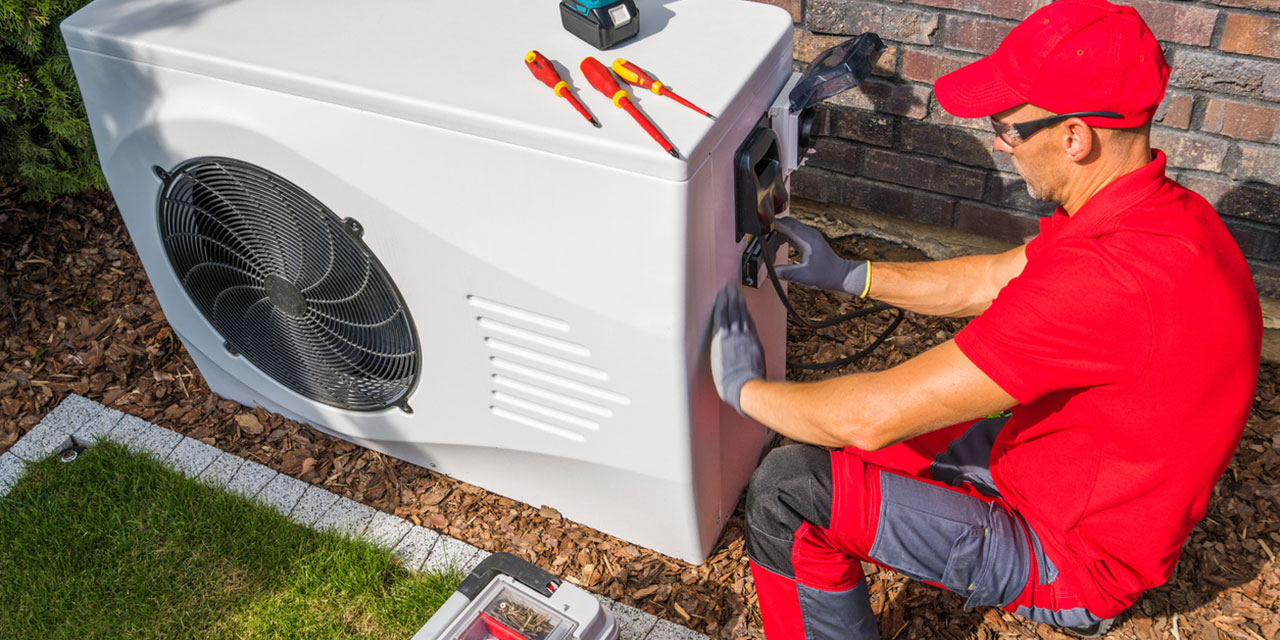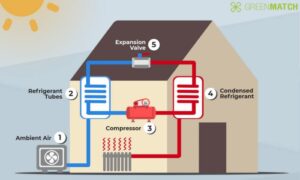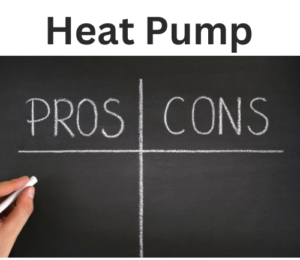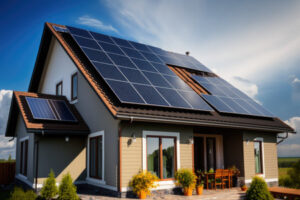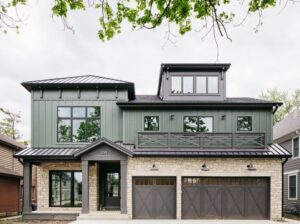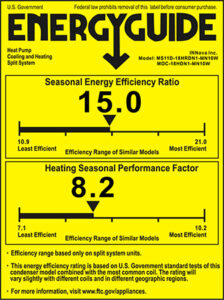Hiring a reputable and experienced heat pump company is crucial for a successful installation and the optimal operation of the system. Here’s a guide to help you make an informed decision when hiring a heat pump installation company:
- Research and Gather Recommendations:
- Ask friends, family, and neighbors for referrals, especially those who’ve recently installed heat pumps.
- Search online for local companies and read reviews and ratings.
- Check with local trade organizations or associations related to HVAC for recommended contractors.
- Check Credentials and Experience:
- Ensure the company is licensed to operate in your state or region.
- Check for certifications from recognized industry organizations, like North American Technician Excellence (NATE) or the Air Conditioning Contractors of America (ACCA).
- Find out how long the company has been in the business of installing heat pumps. Experience can indicate expertise.
- Get Multiple Quotes:
- Aim to get at least three quotes from different companies.
- Ensure the quotes include specifics like the size and model of the heat pump, labor costs, and any additional parts or services.
- Visit Showrooms or Offices:
- If possible, visit a company’s showroom or office to get a feel for their professionalism and the products they offer.
- This can also provide an opportunity to ask questions in person.
- Ask About Training and Continuous Learning:
- Technologies and best practices in the HVAC industry change over time. Ensure the technicians are trained in the latest techniques and technologies.
- Inquire About Warranties and Guarantees:
- Understand the warranty offered on the heat pump itself.
- Ask if the company provides a guarantee on the installation work. This can be crucial if problems arise later.
- Verify Insurance:
- Ensure the company has liability insurance to cover any damages to your home during installation.
- Check if they have workers’ compensation insurance for their technicians in case of injuries during the job.
- Ask for References:
- A reputable company should be willing to provide references from past customers. Contact these references to inquire about their experience with the company and the quality of the work.
- Understand the Contract:
- Before signing any agreement, read all terms and conditions carefully.
- Ensure all aspects of the job are detailed in the contract, including costs, timeline, and the specifics of the installation.
- Post-installation Support:
- Ask about the kind of post-installation support the company provides. It can be reassuring to know that the company will be available for maintenance or to address any issues.
Remember that the cheapest option isn’t always the best. Quality of work, professional expertise, good customer service, and post-installation support are critical factors to consider when investing in a heat pump system.
05 Blog the Cost of a Heat Pump
The cost to install a heat pump can vary significantly based on several factors, including the type of heat pump, the size and capacity of the unit, labor rates in your area, the complexity of the installation, and any additional components or modifications required. Here’s a general breakdown of costs associated with installing different types of heat pumps:
- Air-Source Heat Pumps: These are the most common type of heat pumps.
- Cost: Generally, the total installation cost for an air-source heat pump ranges from $4,000 to $8,000, including the unit itself and labor. However, high-end models and complex installations can push the cost higher.
- Ductless Mini-Split Heat Pumps: These are ideal for homes without existing ductwork.
- Cost: Installation for a single-zone system (one indoor and one outdoor unit) typically ranges from $3,000 to $5,000. Multi-zone systems, which can heat and cool multiple rooms, can range from $6,000 to $14,000 or more, depending on the number of zones.
- Ground-Source (Geothermal) Heat Pumps: These utilize the consistent temperatures underground and are more efficient than air-source heat pumps but come with higher installation costs due to the need to install ground loops.
- Cost: Installation can range from $10,000 to $30,000 or more, depending on factors such as the type of loop system (horizontal vs. vertical), the size of your property, and local labor rates.
- Hybrid Heat Pumps: These combine the features of air-source heat pumps with those of a traditional furnace.
- Cost: The combined installation can range from $5,000 to $10,000 or more, depending on the furnace’s efficiency and the heat pump’s size.
Additional Costs to Consider:
- Ductwork: If your home doesn’t have existing ductwork or if the ductwork needs modification or replacement, this can add $1,000 to $5,000 or more to the installation cost.
- Permitting: Many local governments require permits for heat pump installation, which may add a few hundred dollars to the cost.
- Electrical Upgrades: If your home requires electrical upgrades to accommodate the heat pump, this can add additional costs.
- Rebates and Incentives: Many utility companies and governments offer rebates or incentives for installing energy-efficient heat pumps, which can offset some of the costs.
It’s always a good idea to get multiple quotes from professional contractors in your area to get a clearer picture of the local installation costs. And remember, while the upfront cost might be significant, the potential savings in monthly energy bills and the increase in home comfort can make the investment worthwhile in the long run.

